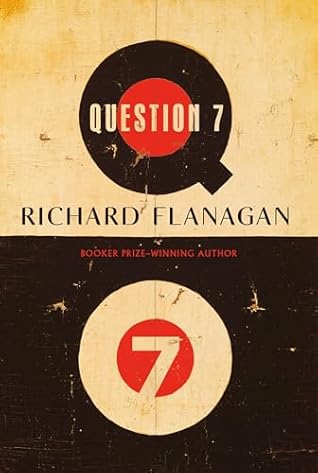More on this book
Community
Kindle Notes & Highlights
My father used to laugh about one of his fellow POWs who spoke of having seen the atomic bomb blast light up the night sky over their camp as if it were day. The atomic bomb over Hiroshima exploded at 8:16 in the morning. The past is always most clearly seen by those who never saw it.
Chekhov believed that the role of literature was not to provide answers but only to ask the necessary questions.
Chekhov’s question 7 is typical: Wednesday, June 17, 1881, a train had to leave station A at 3 a.m. in order to reach station B at 11 p.m.; just as the train was about to depart, however, an order came that the train had to reach station B by 7 p.m. Who loves longer, a man or a woman?[3] Who?
Of Tolstoy’s Anna Karenina Chekhov merely said it framed the questions correctly. Each of us has a public life and private life. But beyond both is a secret life that baffles us.
“Money,” my father would say, “is like shit. Pile it up and it stinks. Spread it around and you can grow things.”
My father liked folly and fancy. What he could not tolerate was when they were conflated with life.
For memories too have their moment. There is a time for forgetting and a time for remembering and then even that time becomes a memory and, after a further time, nothing at all.
Thylacinus cynocephalus was declared officially extinct in 1982. So much of the world from my childhood has gone with it. I was born into the autumn of things.
What is a writer but a robber and what is the history of literature but a milky way of theft?
Perhaps the past is where we are going and have never been.
There is no memory without shame.
Perhaps only Szilard’s dolphins could finally answer the question that Leo Szilard’s life raises: if despair is rational why was hope the very essence of Leo Szilard?
So many Purple Hearts (awarded to US soldiers wounded or killed in combat) were manufactured in preparation for the invasion and its expected feats of death—some half a million—that the stockpile has not been exhausted to this day, many wars and nearly eighty years later.
And I realise writing this that memory is as much an act of creation as it is of testimony, and that one without the other is a tree without its trunk, wings without a bird, a book without its story.


